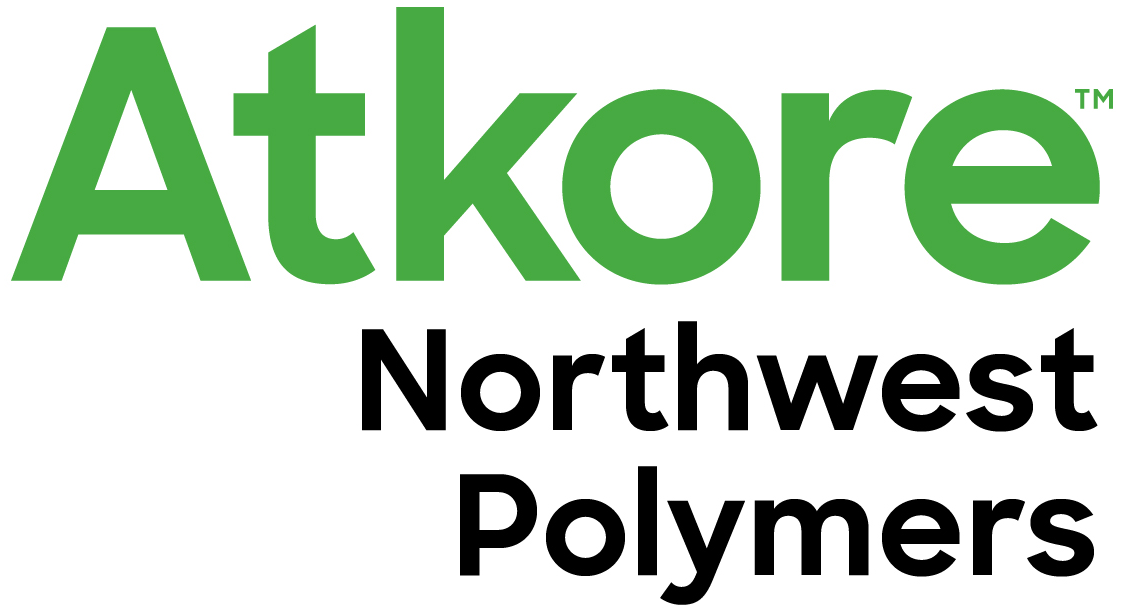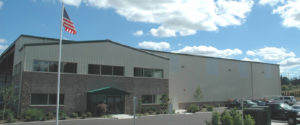Washington Recycling Facts & Trivia
Glass recycling
- Glass never wears out — it can be recycled forever.
- We save over a ton of resources for every ton of glass recycled — 1,330 pounds of sand, 433 pounds of soda ash, 433 pounds of limestone, and 151 pounds of feldspar.
- Most bottles and jars contain at least 25% recycled glass.
- Recycling one glass bottle saves enough electricity to light a 100-watt bulb for four hours.
- Most bottles and jars contain at least 25% recycled glass.
Metal recycling
- In 2003, Washington recycled 17,608 tons of aluminum cans.
- Aluminum can recycling saves 95% of the energy needed to make aluminum from bauxite ore.
- Americans throw away enough steel every year to build all the new cars made in America.
- Tin cans are actually 99% steel, with a thin layer of tin added to prevent rusting.
Paper recycling
- Washington recycled a total of 2,998,428 tons of materials in 2003. Almost 31% of that total was paper.
- Seventy-five percent of a tree harvested for paper does not wind up as paper product.
- One ton of paper requires the use of 98 tons of various resources.
- Paper made from recycled paper instead of virgin fiber requires 70% less energy.
Plastic recycling
- Americans use 4 million plastic bottles every hour! – Yet only 1 bottle out of 4 is recycled.
- In 1977, polyethylene terephthalate soda bottles were introduced to the market.
- In 2002 the number of single-serving plastic beverage bottles on store shelves was 18 billion.
Miscellaneous recycling
- Every year we dispose of 24 million tons of leaves and grass clippings, which could be composted to conserve landfill space.
- Single-use bags are a waste of trees (paper) or fossil fuels (plastic). They contribute to water pollution during production and landfill overload at disposal. Re-usable cloth or paper bags reduce these problems.
- Recycling is a continuous loop that works only if the collected materials are turned into products, bought and used again. Buying products made from recycled materials supports the markets for these products and keeps the cycle going.
- Around 200 B.C. the Chinese used old fishing nets to make the world’s very first piece of recycled paper.
- Gary Dean Anderson designed the recycling symbol in 1970.
- The first municipal dump was established in 400 B.C. in ancient Athens.
Washington recycling myths VS. facts
Myth:
We can recycle only 25 to 30% of our solid wastes.
Fact:
25% was considered a maximum level in 1985. Today it should be considered a minimum, not a maximum as Washington recycling already exceeded 38% in 2003.
Myth:
Landfills and incinerators are most cost-effective and environmentally sound than recycling options.
Fact:
Recycling programs, when designed properly, are cost-competitive with landfills and incinerators, and provide net pollution prevention benefits. Recycling materials not only avoids the pollution that would be generated through landfilling and incinerating these, but also reduces the environmental burden of virgin materials extraction and manufacturing processes.
Myth:
Landfills are significant job generators for rural communities.
Fact:
Washington Recycling, where instituted, creates many more jobs for rural and urban communities than landfill and incineration disposal options.
Washington Recycling Cities
Northwest Polymers is well known in Washington recycling. We have been the best
plastic recycling choice for Washington for many years. We are proud of the solid relationship we have with the business and residents in the state of Washington. Please see the list below for more info on specific cities in Washington.
State of Washington recycling for electronics

